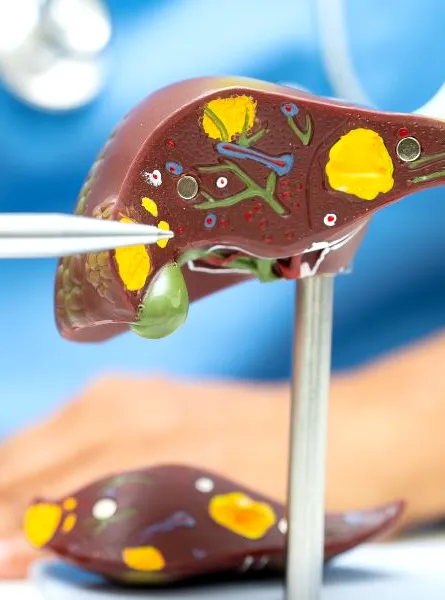
Living with diabetes doesn’t mean giving up everything festive or enjoyable. It’s possible to make smart choices that allow you to enjoy life while taking care of your health. When choosing to have a drink, it’s important to know which options are best suited for your condition. This article explores the best alcoholic alternatives for people with diabetes, so you can enjoy the moment while being mindful of your alcohol consumption and sugar levels.
How Does Alcohol Affect Blood Sugar?
Alcohol can have varying effects on blood sugar levels. It’s important to note that certain types of alcohol may increase the risk of low blood sugar, especially when consumed on an empty stomach, while others may cause a spike due to their sugar content. Consulting a healthcare professional, such as a registered dietitian for diabetes, can help you better understand these effects and adjust your choices accordingly.
Tips for Drinking Responsibly with Diabetes
Here are some tips for drinking alcohol responsibly when you have diabetes:
- Never drink on an empty stomach: Eating before consuming alcohol can help stabilize blood sugar levels. Check out our diabetic-friendly recipes for snack and meal ideas.
- Moderating consumption: Limiting your intake to one or two standard drinks per day is recommended to avoid significant blood sugar fluctuations.
- Monitor your blood sugar: Regularly check your blood sugar, especially after drinking alcohol, to avoid surprises and moderate the amount of alcohol consumed.
The Safest Options for Diabetics
Some alcoholic beverages are more suitable for people with diabetes. Here’s a selection of those to prioritize:
- Dry red wine: Dry red wine contains little sugar and may even offer heart health benefits when consumed in moderation. It’s a better option than sweeter wines like fortified wine.
- Dry white wine: Like dry red wine, it has a low sugar content, making it a wise choice with fewer grams of sugar per glass.
- Straight spirits (vodka, gin, whisky): These drinks are generally carb-free when consumed straight or with sugar-free mixers like sparkling water or diet sodas. Be cautious with ready-to-drink cocktails, which often contain high amounts of sugar.
- Light beer: While beers contain carbohydrates, light versions typically have fewer and are a better option for diabetics.
Low-Sugar Alcoholic Drink Recipes
- Rum and Coke: 50 ml of rum + 120 ml of sugar-free cola (for example Coca‑Colaᴹᴰ Zero)
- Sugar-Free Mojito: 50 ml of white rum + fresh mint leaves + ½ lime cut into wedges + unsweetened sparkling water + ice
- Low-Sugar Gin and Tonic: 50 ml of gin + 120 ml of sugar-free tonic + cucumber slices or lime wedges
- Cranberry Vodka: 50 ml of vodka + 120 ml of unsweetened cranberry juice + a splash of lime juice + ice
- Sugar-Free Margarita: 50 ml of tequila + 25 ml of fresh lime juice + 25 ml of water + ice
Make Informed Choices to Better Manage Diabetes
Making informed choices about alcoholic beverages is crucial for people with diabetes. By choosing options with lower sugar content and drinking in moderation, it’s possible to enjoy a drink while maintaining good blood sugar control. Book an appointment with a registered dietitian from TeamNutrition for advice tailored to your condition and lifestyle.
References
- UMass Memorial Health. (n.d.). Alcohol and diabetes. UMass Memorial Medical Center. Retrieved from: https://www.umassmed.edu/dcoe/diabetes-education/patient-resources/alco…
- American Heart Association. (2019, May 24). Drinking red wine for heart health? Read this before you toast Retrieved from: https://www.heart.org/en/news/2019/05/24/drinking-red-wine-for-heart-he…
- Knott, C., Bell, S., & Britton, A. (2015). Moderate alcohol consumption and the risk of diabetes mellitus: A systematic review and meta-analysis. Diabetologia, 58(7), 1355-1364. doi:10.1007/s00125-015-3595-2. Retrieved from: https://pubmed.ncbi.nlm.nih.gov/25975938/
- Baliunas, D. O., Taylor, B. J., Irving, H. M., Roerecke, M., Patra, J., Mohapatra, S., & Rehm, J. (2009). Alcohol consumption and risk of incident type 2 diabetes: A systematic review and dose-response meta-analysis. Diabetes Care, 32(11), 2123-2132. doi:10.2337/dc09-1012. Retrieved from: https://pubmed.ncbi.nlm.nih.gov/19794003/





